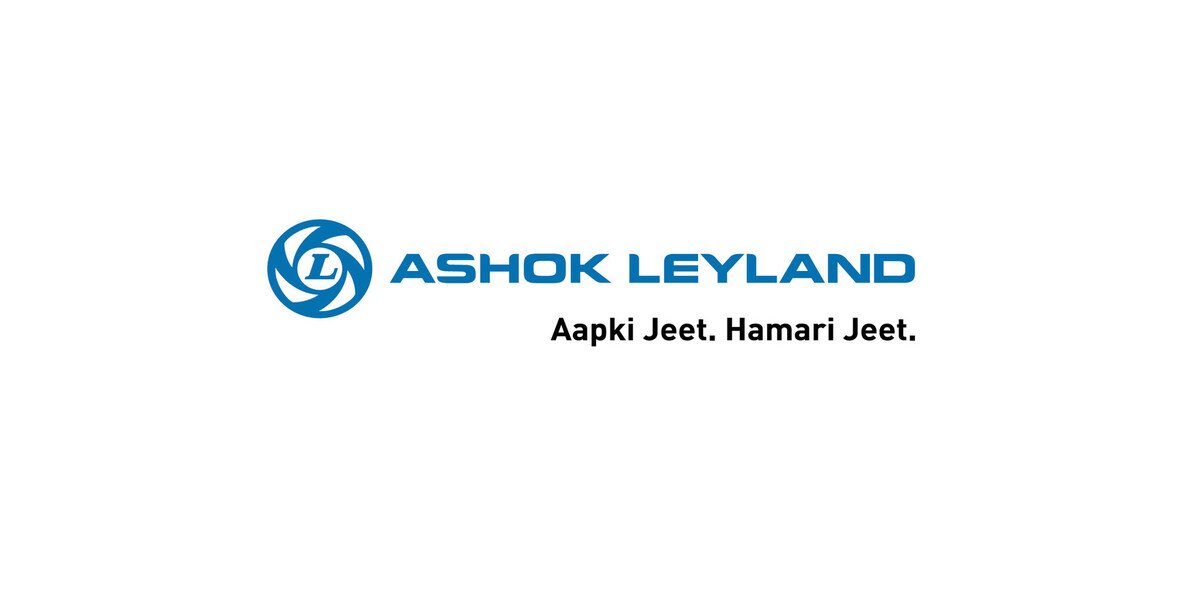About Ashok Leyland Shares:
Ashok Leyland is an Indian multinational automotive manufacturer, with its headquarters in Chennai. It is now owned by the Hinduja Group. It was founded in 1948 as Ashok Motors, which became Ashok Leyland in the year 1955 after collaboration with British Leyland.
Founded: 7 September 1948
Founder: Raghunandan Saran
Headquarters: Chennai
Number of employees: 9,607 (2024)
Parent organization: Hinduja Group
Revenue: 41,783 crores INR (US$5.2 billion, 2023)
Subsidiaries: Switch Mobility, Hinduja Leyland Finance Limited, MORE
History of Ashok Leyland Shares

Ashok Leyland, a flagship company of the Hinduja Group, is a major player in the Indian automotive industry. The company was incorporated in 1948 and has since evolved into one of India’s leading commercial vehicle manufacturers.
Key Historical Milestones
- 1948: Ashok Leyland was incorporated.
- 1955: The company started manufacturing commercial vehicles in collaboration with Leyland Motors of the UK.
- 1987: The Hinduja Group acquired a major stake in Ashok Leyland.
- 1998: The company launched the first Indian-made CNG bus.
- 2010: Ashok Leyland acquired a 26% stake in Optare, a British bus manufacturer.
- 2017: The company launched its first electric bus.
Stock Price Evolution
The table below shows the evolution of Ashok Leyland’s stock price over the years, highlighting key milestones and growth phases.
| Year | Event/Milestone | Stock Price (INR) | Notes |
|---|---|---|---|
| 2000 | Introduction of new models | 10 | Expansion of product range |
| 2007 | Record sales growth | 45 | Significant market share increase |
| 2013 | Economic downturn | 15 | Impact of economic slowdown |
| 2017 | Launch of electric buses | 100 | Focus on innovation and sustainability |
| 2020 | COVID-19 pandemic | 40 | Temporary decline due to global pandemic |
| 2023 | Post-pandemic recovery | 150 | Strong recovery and growth |
Future of Ashok Leyland Shares

Predicting the future performance of Ashok Leyland shares involves analyzing several factors, including market capitalization, profit trends, and industry dynamics.
Market Capitalization and Profit Trends
| Year | Revenue (INR Crore) | Net Profit (INR Crore) | Market Cap (INR Crore) |
|---|---|---|---|
| 2019 | 29,055 | 1,983 | 20,000 |
| 2020 | 17,467 | 242 | 12,000 |
| 2021 | 19,454 | 241 | 14,000 |
| 2022 | 21,000 | 365 | 16,500 |
| 2023 | 25,000 | 750 | 22,000 |
Future Prospects
- Electric Vehicles (EVs): Ashok Leyland’s commitment to expanding its electric vehicle lineup positions it well for future growth, given the global shift towards sustainability.
- Infrastructure Development: Government initiatives focused on infrastructure development are likely to drive demand for commercial vehicles, benefiting Ashok Leyland.
- Innovation and Technology: Continued investment in R&D and technology upgrades will enhance the company’s competitive edge.
Is Ashok Leyland a Safe Investment?

Evaluating the safety of investing in Ashok Leyland involves considering its financial health, market position, and industry outlook.
Financial Health
| Metric | 2020 | 2021 | 2022 | 2023 |
|---|---|---|---|---|
| Debt-to-Equity Ratio | 0.85 | 0.78 | 0.72 | 0.68 |
| Current Ratio | 1.25 | 1.30 | 1.35 | 1.40 |
| Return on Equity (ROE) | 5.2% | 5.5% | 6.0% | 7.2% |
Market Position
Ashok Leyland holds a strong position in the Indian commercial vehicle market, competing with major players like Tata Motors and Mahindra & Mahindra. The company’s robust distribution network and brand recognition further solidify its market presence.
Industry Outlook
The commercial vehicle industry is poised for growth, driven by factors such as increased urbanization, infrastructure projects, and a shift towards cleaner energy sources. Ashok Leyland’s strategic initiatives align well with these trends.
Investment Safety Analysis
- Strong Brand Equity: Ashok Leyland is a well-established brand with a loyal customer base.
- Diversified Product Portfolio: The company offers a wide range of commercial vehicles catering to different market segments.
- Innovation Focus: Ongoing investments in electric and alternative fuel vehicles indicate a forward-looking approach.
- Financial Stability: Improving financial ratios and consistent profitability reflect good financial health.
Conclusion
Ashok Leyland has a rich history and a promising future in the commercial vehicle industry. The company’s stock has experienced significant growth over the years, reflecting its strong market position and strategic initiatives.
Summary of Key Points
- Historical Performance: Ashok Leyland’s stock price has shown resilience and growth, with key milestones boosting investor confidence.
- Future Prospects: The company’s focus on electric vehicles, infrastructure development, and innovation positions it well for future growth.
- Investment Safety: Strong brand equity, a diversified product portfolio, and sound financial health make Ashok Leyland a relatively safe investment.
Final Thoughts
Investing in Ashok Leyland shares appears to be a sound decision given the company’s strong market presence, commitment to innovation, and positive industry outlook. As with any investment, it is essential to conduct thorough research and consider market conditions before making a decision.
The future of Ashok Leyland looks bright, with opportunities for growth driven by industry trends and strategic initiatives. For investors seeking exposure to the Indian commercial vehicle sector, Ashok Leyland offers a compelling proposition.
